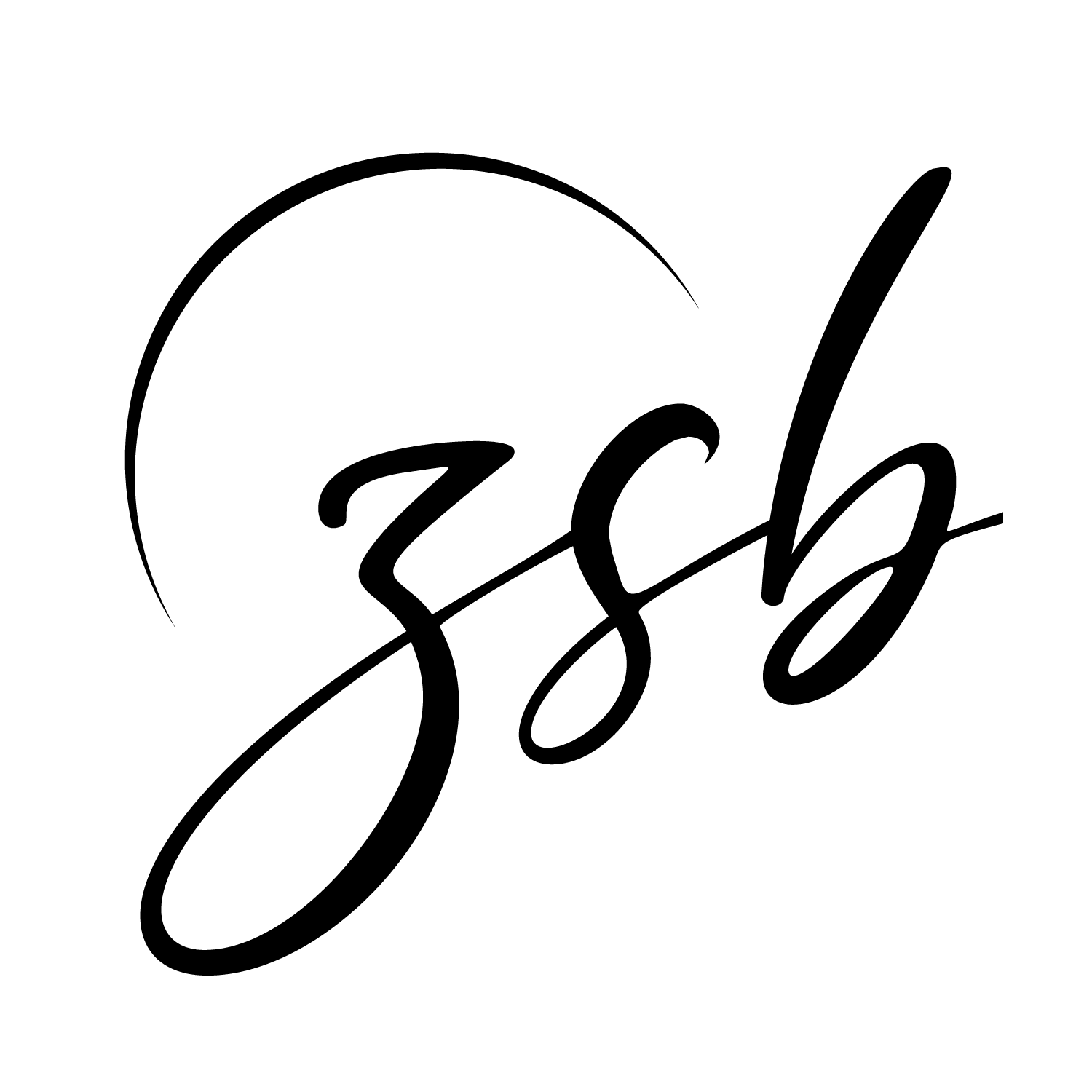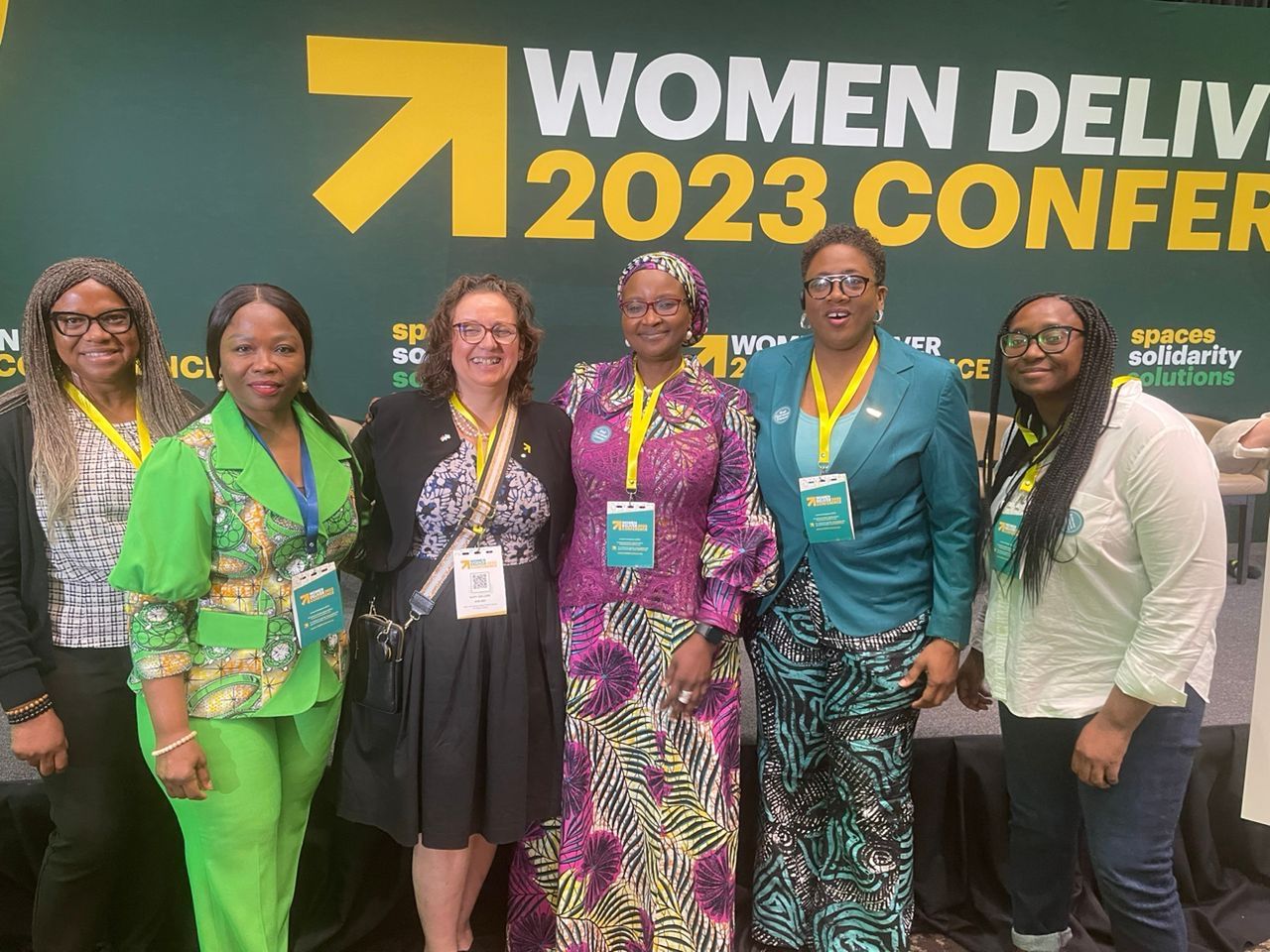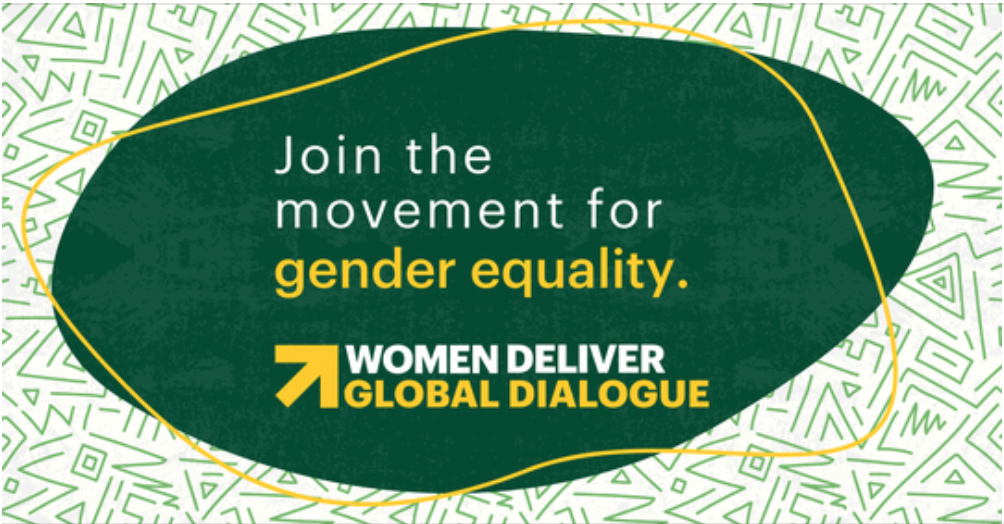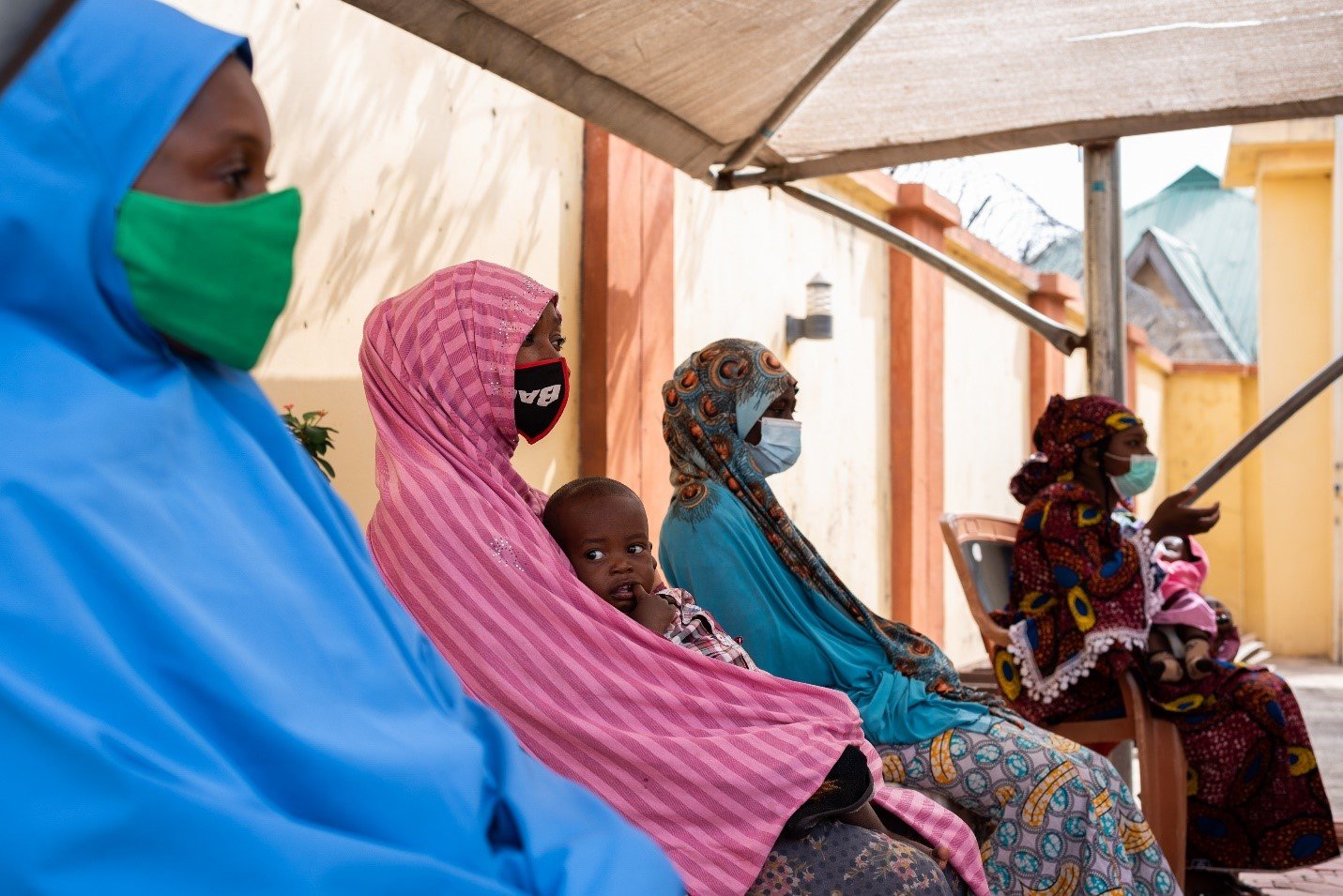
Donors making a difference: in the lives of women and girls
This week’s stories, gathered from our regional offices, show ways that WHO is using donor contributions to safeguard the health of women around the world.
Our projects are providing safe childbirth centres, fighting back against female genital mutilation, working to end cervical cancer, helping those suffering from gender-based violence, and strengthening health services in many countries, in spite of COVID-19.
WHO leads initiative to protect services for mothers, babies and others
 A midwife provides a counselling in Nepal. ©WHO/Ajay Maharjan
A midwife provides a counselling in Nepal. ©WHO/Ajay Maharjan
WHO has been leading an initiative to ensure that despite the demands of COVID-19, countries can maintain resilient health services for mothers, babies, children, adolescents and older people.
Project teams are analyzing how the COVID-19 pandemic has impeded these core services, and will apply that knowledge to help countries prepare their health systems for future pandemics.
All six WHO regions and 20 countries have participated in the initiative, which released its first report in December 2021.
 A child receives medical treatment in Yemen, one of the 20 countries participating in the WHO-led initiative. ©WHO/Nesma Khan
A child receives medical treatment in Yemen, one of the 20 countries participating in the WHO-led initiative. ©WHO/Nesma Khan
Honduras is strengthening maternity homes to reduce maternal mortality
At a maternal home in Honduras. ©PAHO/WHO
With help from WHO and PAHO, the country has been refurbishing and reopening regional maternal homes for pregnant women who live in areas with inadequate access to health care.
Preparations have included training staff, bringing buildings into good repair, and acquiring furniture, bedding, appliances and medical equipment.
The work is part of the Honduras Ministry of Health’s Sexual and Reproductive Health Project, supported by WHO and the Pan American Health Organization (PAHO).
WHO and partners work for high ethical standards in FGM research
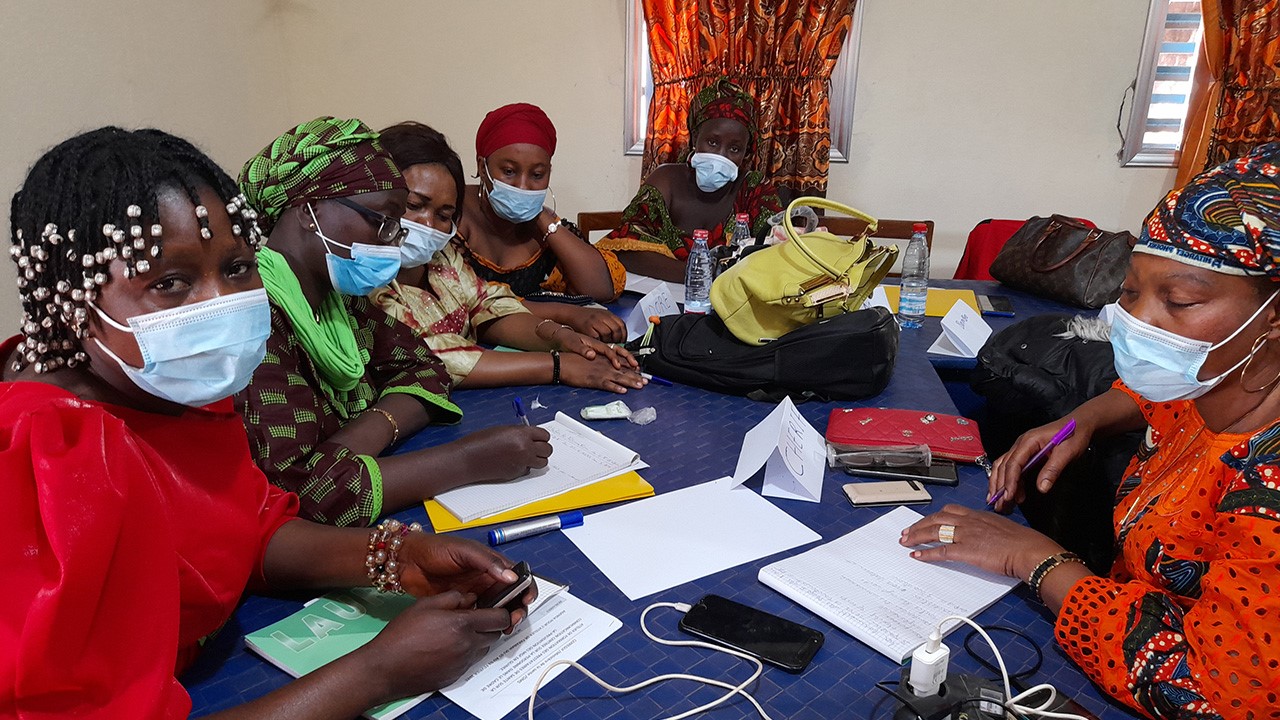 Nurses and midwives in Guinea at a course on preventing FGM. ©WHO
Nurses and midwives in Guinea at a course on preventing FGM. ©WHO
Newly published WHO guidance will help strengthen the ethical conduct of those involved in research on female genital mutilation (FGM).
“The way that research is carried out really matters,” said Dr Christina Pallitto, a WHO expert on FGM. “Only high-quality, ethical research findings should inform programmes and policies. This new tool supports researchers in this way.”
Researchers should be aware, for example, that girls and women who have undergone the procedure may be at risk of secondary trauma from the retelling of events, or from the fear of disclosure of their status.
More than 200 million girls and women alive today have undergone FGM in 30 countries in Africa, the Middle East and Asia. Through its Sustainable Development Goals, the United Nations is striving to eradicate the millennia-long cultural practice by 2030.
Also: Communication is key: read about WHO’s new approach to ending FGM in Guinea, Somalia and Kenya.
In Nigeria, first ladies lead the drive to eliminate cervical cancer
 Dr Zainab Shinkafi-Bagudu, First Lady of Nigeria’s Kebbi state, is a leading advocate for cervical cancer prevention.
Dr Zainab Shinkafi-Bagudu, First Lady of Nigeria’s Kebbi state, is a leading advocate for cervical cancer prevention.
In Nigeria, the group First Ladies Against Cancer (FLAC) has been raising awareness about cervical cancer and pushing for better access to the tools that can eliminate it.
“We saw the rationale behind the call by WHO to eliminate cervical cancer,” said Kebbi state First Lady Dr Zainab Shinkafi-Bagudu, a pediatrician. “In Kebbi State, with several advocacies and activities, many traditional rulers are now champions of cervical cancer. We supported community-based organizations to carry out over 150 outreach events, reaching the 21 local government areas in the state.”
FLAC is a coalition of spouses of current and former Nigeria state governors working to implement WHO’s global strategy to eliminate cervical cancer as a public health problem by 2030.
Although cervical cancer is preventable and treatable, it is the second most common cancer in women in Nigeria.
 In Nigeria, women wait to register for cervical and breast cancer screening. @WHO/Blink Media-Etinosa Yvonne
In Nigeria, women wait to register for cervical and breast cancer screening. @WHO/Blink Media-Etinosa Yvonne
WHO supports projects to end gender-based violence

In Iraq, the Ministry of Health worked with WHO to design a plan to reduce the health consequences of gender-based violence.
“This strategy focuses on … ensuring adequate physical and mental care is available and accessible for all survivors,” said Dr Ahmed Zouiten, WHO Representative in Iraq. “We will need to work collectively on correcting the root causes of the violence itself and ensuring that our girls and boys are educated correctly and sensitized on the need for respect for one another.”
An estimated 1.32 million people in Iraq are at risk for gender-based violence. More than 75% of them are women and adolescent girls.
In Senegal, WHO has organized sessions that train medical staff, social workers and local female authority figures to support victims of gender-based violence.
According to Senegal’s 2017 demographic and health survey, 27% of women aged 15 to 49 had been subject to physical violence.
“Many of us have no formal education,” said Aitta Kébé, a local leader who serves as a counselor to girls and women in her area. “Being able to attend sessions in Wolof has allowed us to step up our skills. We’ve learned to be better listeners and guides.”
* * *
Partners and donors recognized in this feature include Kenya, Clinton Health Access Initiative, First Ladies Against Cancer (FLAC), the Human Reproduction Programme, the Medicaid Cancer Foundation, Population Council, UNICEF and UNFPA.
WHO thanks all governments, organizations and individuals contributing to the COVID-19 response around the world since the beginning of the outbreak, and in particular those who have provided fully flexible contributions, to ensure a comprehensive fight against the disease.
* * *
Member States and other governments since 2021:
Australia, Belgium, Canada, Comoros, Denmark, Egypt, France, Germany, Ireland, Isle of Man, Israel, Italy, Japan, Kingdom of Saudi Arabia, Kuwait, Lesotho, Malta, Mauritania, Monaco, Netherlands, New Zealand, Norway, Philippines, Portugal, Republic of Korea, Slovak Republic, Spain, Sweden, Switzerland, Thailand, United Kingdom, United States of America.
Other partners since 2021:
African Development Bank Group, African Reinsurance Corporation, Alma Jean Henry Charitable Trust, Ancash, Asian Development Bank, Bill and Melinda Gates Foundation (BMGF), Central American Bank for Economic Integration (BCIE), China Medical Board, COVID-19 Solidarity Response Fund, European Commission (ECHO, NEAR, DG-INTPA), Foundation for Innovative New Diagnostics (FIND), Fundacion MAPFRE, FYT, Gavi-The Vaccine Alliance, International Development Association (IDA), International Organization for Migration (IOM), Islamic Development Bank (IDB), King Salman Humanitarian Aid and Relief Center (KSRelief), Kuwait Fund for Development, National Philanthropic Trust (NPT), Rockefeller Foundation, Secretariat of the Pacific Community, Sony, Susan Thompson Buffett Foundation, Task Force for Global Health (TFGH), The UN Resident Coordinator Office (UNRCO), International Drug Purchasing Facility (UNITAID), United Nations Central Emergency Response Fund (CERF), United Nations Children’s Fund (UNICEF), United Nations Development Programme (UNDP) and the Multi-Partner Trust Fund (MPTF), United Nations High Commissioner for Refugees (UNHCR), United Nations Multidimensional Integrated Stabilization Mission in Mali, United Nations Office for South-South Cooperation (UNOSSC), United Nations Office for the Coordination of Humanitarian Affairs (UNOCHA), United Nations Population Fund (UNFPA), United Nations Postal Administration (UNPA), United Nations World Food Programme (WFP), Veolia Environment Foundation, Vital Strategies, WHO Foundation, World Bank.

